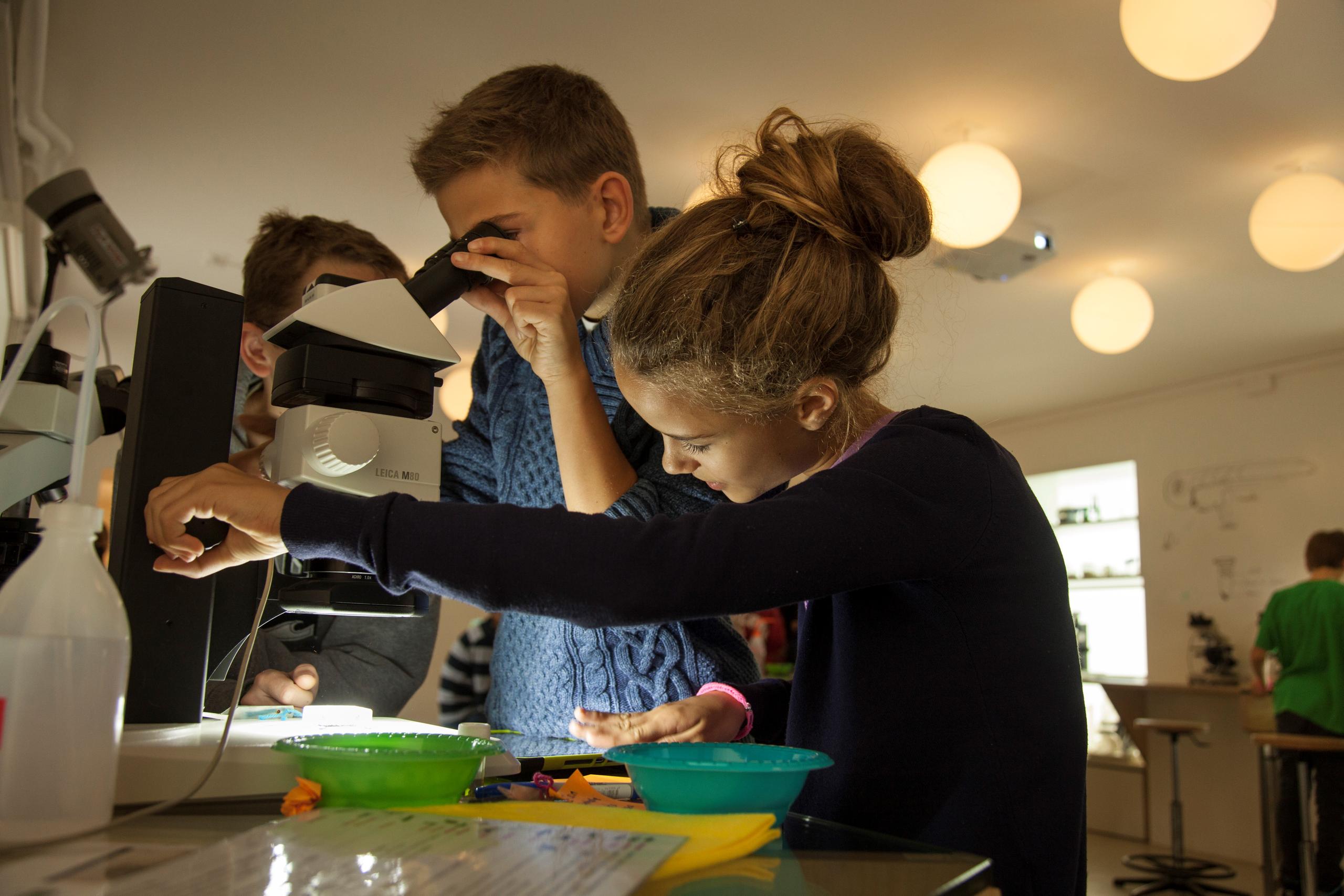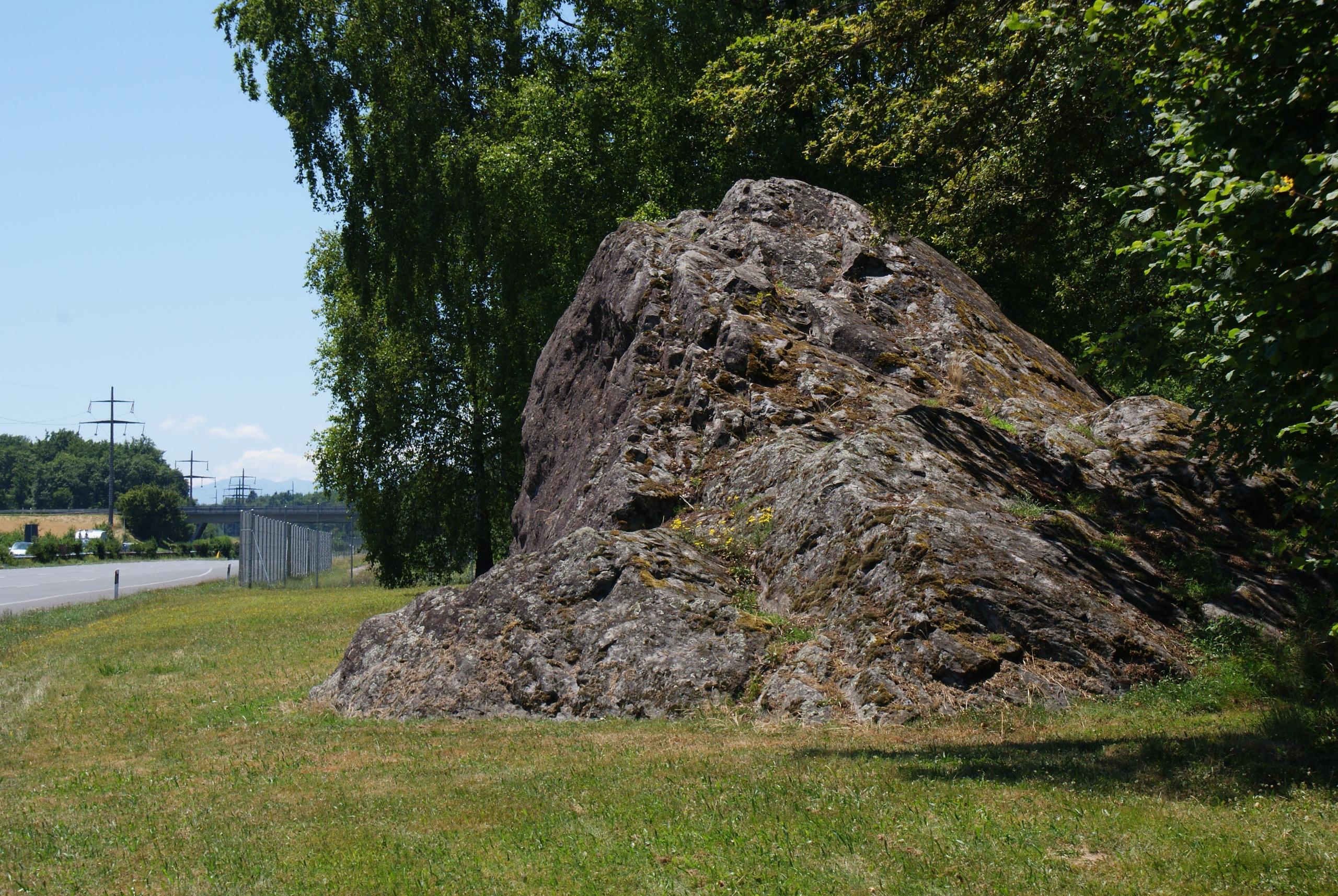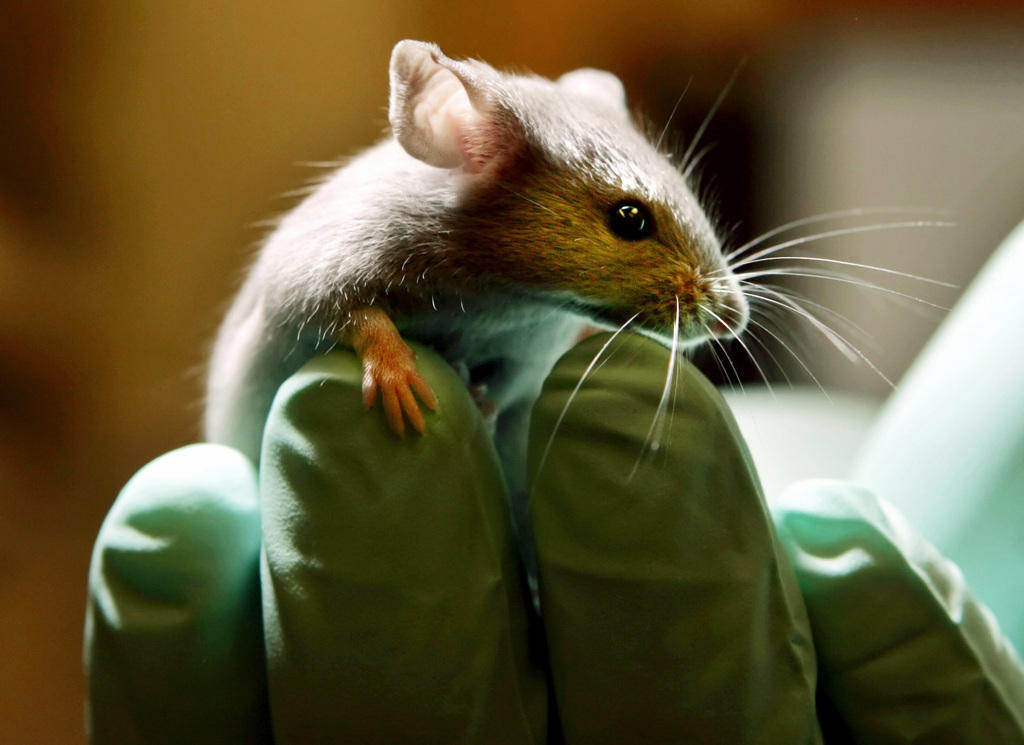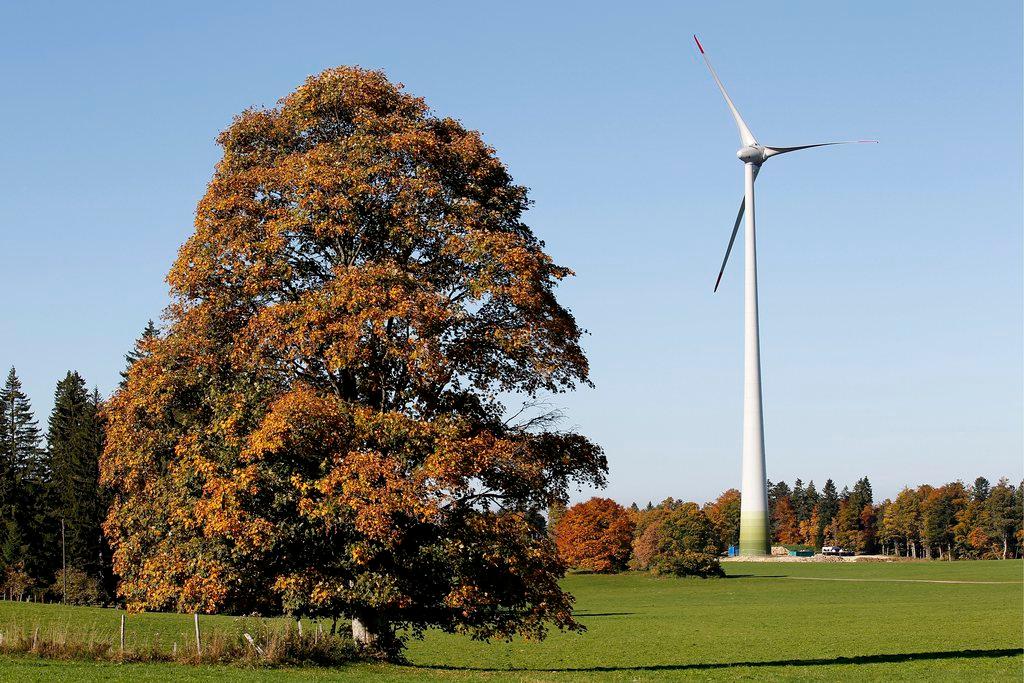Citizen science: Not a scientist? Not a problem

When you open politics to the public, you get direct democracy. But what happens when you open science to the public?
If you visit the HackuariumExternal link space in Renens in western Switzerland, you find all the trappings of a traditional biology laboratory: Petri dishes, microscopes, pipettes and a dozen or so people working at lab benches.
But this is no university or industrial R&D facility. It’s Hackuarium, a “biohackerspace” of people from diverse backgrounds who share a passion for science.
“Today, academia and industry are so results-driven. They think they know already where they’re going. But it’s clear to me that the most important discoveries are based on serendipity and chance,” explains Hackuarium co-founder Luc Henry.
“We hope that biohacking will reintroduce a bit of serendipity into research and innovation”.
Although the word “hack” traditionally connotes the misuse of computer hardware or software, biohacking refers to the DIY re-design of biological systems, often using improvised, recycled or upcycledExternal link equipment.
Science for all
The overlapping movements of citizen scienceExternal link, biohackingExternal link and do-it-yourself biologyExternal link (DIY bio) each have their own origins and definitions vary. But they all invite members of the public – with and without scientific backgrounds – to do research, embracing the contributions of everyone from hobbyists and activists to schoolchildren.
Switzerland has a long history of naturalists, and with advances in lab technology, smartphones and online communities, biohacking and citizen science are flourishing – though perhaps more slowly than in other countries.
“When I compare with neighbouring countries, or with the UK and US, there is a lot more going on in citizen science than in Switzerland,” says Pia Viviani deputy director of the Bern-based foundation Science et CitéExternal link.
“I think it is mainly for cultural reasons, especially in the US, where there is more of a ‘you-can-do-it’ spirit. In Switzerland, people are a lot more careful – they think ‘oh, I’m not a scientist, science has to be done at universities’.”
Viviani is spearheading a new project called Citizen Sciences Network Switzerland, an online catalogue of citizen science and biohacking projects across the country.
Observe and report
Citizen science leverages the public’s curiosity and powers of observation to produce data, whether it’s meteorological or planetary observations, water quality testing, plant and wildlife identification, or personal health reports.
“The idea of bringing people into science is about going through the scientific process to live it from the inside – to live the frustrations and understand the limitations. But it’s also about living the thrill when you discover things,” says Céline Brockmann, co-founder of the Bioscope, a life sciences lab for the public at the University of Geneva.
In addition to hosting educational programmes for kids, the Bioscope facilitates citizen science activities, such as “Biodiversité Participative” (Participatory Biodiversity) which allows participants to contribute to a genetic “reference libraryExternal link” of every species in Switzerland.
Participants catch insects or collect plants, for example, and then send specimens to a laboratory where they receive a DNA barcodeExternal link, “just like products in the supermarket”, says Brockmann. The barcode is a unique identifier that is added to an online database, which is connected to databases of other countries.
“The data can be used to study biodiversity at a large scale…the idea is that every scientist in the world should be able to have access,” Brockmann explains.
Democratising science
For science enthusiasts in the same region, biohackerspaces like Hackuarium can provide the freedom to pursue scientific questions – minus worries about publication or commercial potential.
Luc Henry estimates that half of biohackers have backgrounds in academia but have chosen to do science in their own way.
“Biohacking is a very broad term that encompasses all the practices of doing biology in unconventional ways,” he explains.
“Some researchers in academia could be considered biohackers because they refuse to follow the rules of their community.”Although biohacking communities tend to be smaller than citizen science projects, which can involve hundreds or thousands of people, they value transparency and open accessExternal link to their data and methods.
“[Biohackers] are interested in scientific results, but they also really want to democratise science,” says Viviani.
Beyond biology
Founded on ideals of creativity and innovation, it’s no surprise that citizen science and biohacking frequently find synergies with art and designExternal link.
In recent years in Switzerland, projects have also begun to extend into the social sciences – for example, by tracking regional language patternsExternal link (website in German).
Power to the (lay) people
Switzerland is known for its tradition of direct democracy, which encourages all citizens to participate in policy-making. But direct democracy in politics doesn’t automatically translate to democratisation in science.
Viviani says that despite efforts to establish a dialogue between the public and the scientific community, most interaction is still characterised by the one-way flow of information from scientist to citizen. Her goal for Citizen Sciences Network Switzerland is to create a true, two-way dialogue.
“For scientists, it’s useful to work with citizens because they can hear a different, broader perspective on their work. They can also check to see if their topic is socially relevant, and what people think about it,” she says.
Brockmann argues that close interaction between experts and the public is key to successful citizen science.
“Producing new data is empowering. It’s not limited to a few experts in an ivory tower. But citizen science projects have to be carefully designed, so that the role of the general public is well defined. I think you still need experts to make sense of the data at the end,” she says.
For Henry, the future of democratising science in Switzerland lies not just in encouraging citizens to participate in research themselves, but also in deciding what projects should receive money.
“I’m involved now in building a crowdfunding platform for scientific projects. It means scientists need to ‘sell’ their research to the public, so they can get the funding they need to carry it out,” says Henry.
“That’s a form of citizen science. But it’s an experiment – we don’t know yet what types of projects will come out of it.”
Biohacking or biohazard?
With their lack of regulation, biohackerspaces often raise concerns over laboratory safety and biosecurity. Ellen Jorgensen, co-founder and executive director of the GenSpaceExternal link community bio-lab in Brooklyn, New York, addresses these issues in the TED talk below:
Do you think there should be more interaction between scientists and the general public? Share your thoughts in the comments!

In compliance with the JTI standards
More: SWI swissinfo.ch certified by the Journalism Trust Initiative












You can find an overview of ongoing debates with our journalists here . Please join us!
If you want to start a conversation about a topic raised in this article or want to report factual errors, email us at english@swissinfo.ch.